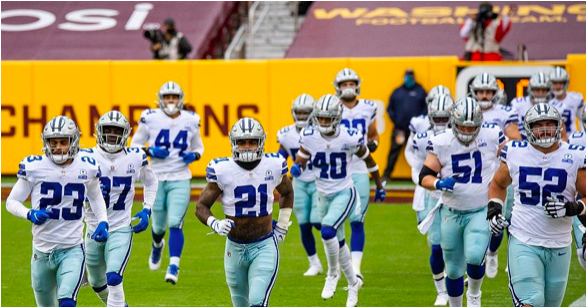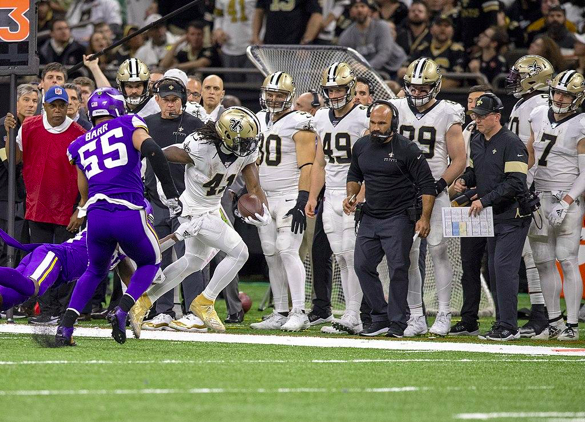As sports leagues around the world – such as the National Basketball Association and English Premier League – are gripped by Covid-19 – we have the National Football League advancing through the playoffs to the Super Bowl.
While the NFL’s record these last few months is not spotless, every game of the regular season was played, and the first round of the playoffs went well. With only six more games until we get to watch and bet on the Super Bowl, it indeed does look like the 2020-21 NFL season will go through from start to finish.
But how did a league or, more importantly, a sport – that involves about as much physical contact as possible – make it as far as it did. Well, there are a few reasons the NFL managed to have a successful season in 2020-21.
The Size of an NFL Roster
One reason why the NFL is better suited to deal with the pandemic is the size of the roster. NFL teams have over 50 players on their active roster and more than a dozen players on their practice squad. That gives each team a total of 67 players available for every game.
An NFL team can probably get by with about 35 to 40 players for a game – enough players to fill out their offence, defence, and some backups and special teamers. Obviously, fewer players put a team at a competitive disadvantage, having at least 35-40 allows the team to play the game.
How the rosters are set up and how they practice also helped the NFL avoid huge problems. Many times, outbreaks were found within a specific position – such as running back or wide receiver. These players were often taken out and forced to quarantine – which is a pain, but it only represents between 8% and 16% of total players on the team. The same logic here also applies to NFL coaches.
There are also free agents available for teams to sign if they remain in the Covid-19 protocol for more than one week. While free agents must test negative and isolate a few days before joining the team, you can fill the holes on the roster.
The Regular Season Schedule
NFL teams play one game per week, making it a bit easier to deal with issues and rescheduling. While it was a bit of a mess at times, the NFL did not have too much of a problem moving games when they needed to. The one game per week also allows players enough time to produce negative tests to return to the team relatively quickly.

One Country and Fewer Restrictions
Unlike the other major sports leagues in North America (the MLB, NHL, MLS, and NBA), the entirety of the league plays in the United States. While some states had more strict rules, there were not many issues for people travelling across the country if it was for work.
The NFL also did not have to deal with as many restrictions as indoor sports. Outside, the San Francisco 49ers moving their games from the Bay Area to Arizona pretty much everywhere gave the NFL the green light to play a full season – some places even allowed fans in the stands.
The NFL imposed its only restrictions and regulations on teams – punishing those who broke protocols and rules with the threat of fines and forfeiture of draft picks.
Money, Money, Money
The bottom line is there is too much money in the NFL for the season not to happen. The NFL is the richest league in the world, and the amount of money both the players and owners would lose if the season did not occur is unfathomable.
NFL careers are also short, and many contracts have little or no guaranteed money. The risk of playing is worth the reward for many players. There are also owners in the NFL whose primary source of income is their football. While I am sure they could survive a year or two without football when you are used to getting your piece of the $12 billion pie, you will likely want to do whatever you can to get at least some of it this season.











